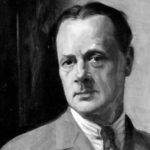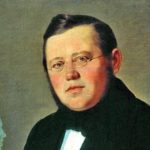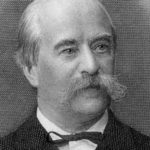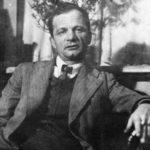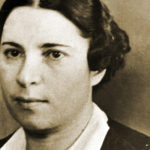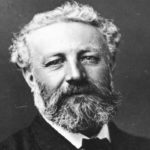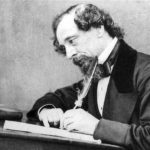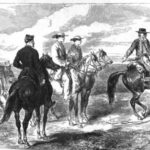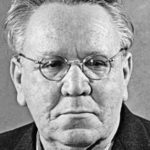Interesting facts from the life of Walter Scott
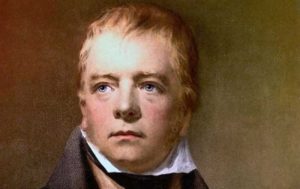 The famous writer and poet Walter Scott was noted for very interesting work, diverse and non-standard for its time. Contemporaries often criticized him, which did not prevent him from gaining great fame and becoming one of the most famous Scottish writers. The historical novels created by Scott still read as reference in this genre, and you should become familiar with them if you are not indifferent to reading.
The famous writer and poet Walter Scott was noted for very interesting work, diverse and non-standard for its time. Contemporaries often criticized him, which did not prevent him from gaining great fame and becoming one of the most famous Scottish writers. The historical novels created by Scott still read as reference in this genre, and you should become familiar with them if you are not indifferent to reading.
His parents had 12 more children besides him, but only six of them survived.
At one year old, Walter Scott was partially paralyzed. As a result, he remained forever lame, as his right leg lost mobility.
Researchers of the biography of Walter Scott note that even in childhood he amazed adults with his remarkable mental abilities.
As a child, Scott preferred to read ancient literature, but later became fascinated by German poetry, and even learned German to read it in the original.
While studying in college, Walter Scott founded the poetic society.
He gained inspiration by traveling around Scotland and collecting folk legends and traditions.
It was Walter Scott who invented the word “freelancer”, using it in one of his works to refer to a freelance warrior.
Scott has published all his novels incognito. About who is their author, it became known only years after their publication.
His literary career lasted 30 years. During this time he wrote 9 poems, 28 novels and many other works.
Walter Scott published his first historical novel when he was 42 years old.
Despite mobility problems caused by childhood paralysis, Walter Scott practiced extensively throughout his life. He even became a good climber, and visited many mountain peaks.
It is Scott who is considered the founder of the genre of historical novel.
The writer had a weakness for various antiquities. Throughout his life, Scott collected various artifacts of bygone times.
Among the rarities that belonged to Walter Scott was even a strand of hair of the French Emperor Napoleon Bonaparte.
In 1971, the UK postal service issued a stamp dedicated to Walter Scott, in conjunction with this event for the 200th anniversary of the writer’s birth.
Among other writers, he particularly appreciated the work of Jane Austen, not very popular in those years.
Among the critics of the work of Walter Scott, the American writer Mark Twain was particularly notable, who evaluated the work of his Scottish colleague very low.
The Scott Museum is his own estate, which he once bought and rebuilt to his liking, turning it into a kind of real castle.
